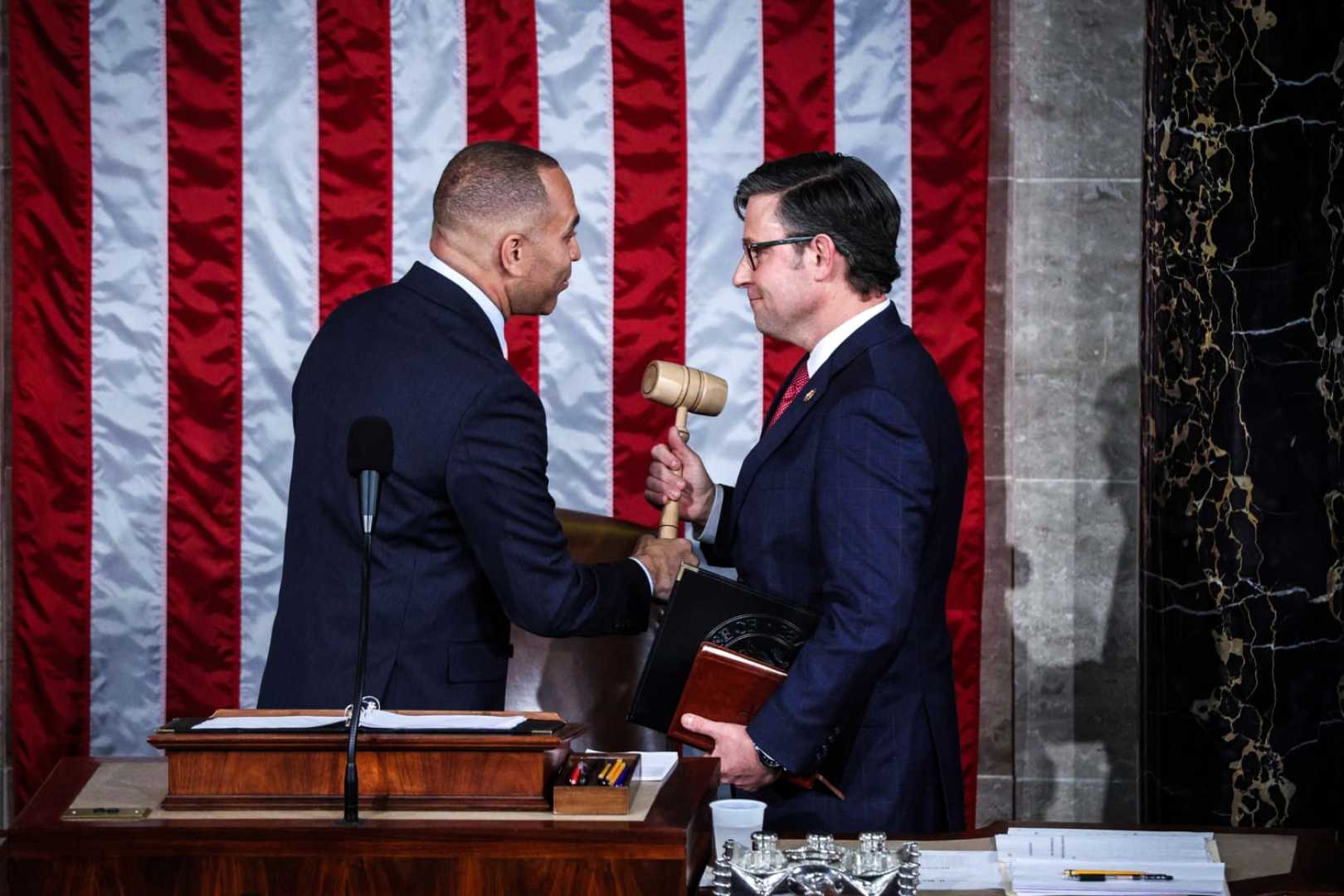Politics
House Speaker Mike Johnson Delays Funding Bill Amid GOP Dissent

WASHINGTON — House Speaker Mike Johnson has postponed a vote on a six-month government funding bill after a significant number of Republican representatives expressed their intention to oppose the measure.
Johnson, R-La., initially associated the funding bill with the SAVE Act, which proposes new voting laws requiring individuals to prove citizenship to register. However, this strategy to prevent a government shutdown at the end of the month has been complicated.
During an announcement regarding the postponement, Johnson stated, “We’re in the consensus-building business here in Congress with small majorities.” He indicated that his leadership team would continue discussions over the weekend to persuade dissenting Republicans.
If an agreement is not reached, the government risks shutting down at 12:01 a.m. on October 1. Johnson noted that the process often requires additional time for stakeholders to address various concerns.
On Capitol Hill, Senate Majority Leader Chuck Schumer, D-N.Y., alongside Democrats and some Republicans, is advocating for a straightforward funding bill that could extend government operations until December, beyond the upcoming November elections.
Currently, Johnson faces a difficult situation as he can only afford to lose four votes from the Republican caucus if all members participate in the vote. Reports suggest that as many as fifteen Republican representatives were expected to vote against the bill, further complicating the decision-making process.
Among the dissenters are Reps. Cory Mills, Jim Banks, Matt Rosendale, Andy Biggs, and Tim Burchett, all voicing their concerns over fiscal responsibility and national security. For example, Mills stated that the proposed continuing resolution would freeze Pentagon funding, which he believes is crucial amid evolving global threats.
Former President Donald Trump has vocally opposed any funding plan that does not include provisions for the SAVE Act. In a recent statement, Trump urged Republicans to refrain from supporting a continuing resolution unless they secure reinforced election security measures.
The pushback within the GOP is coupled with a broader reluctance among party members to support a plan that does not align with their priorities, especially given the looming threat of a government shutdown.












